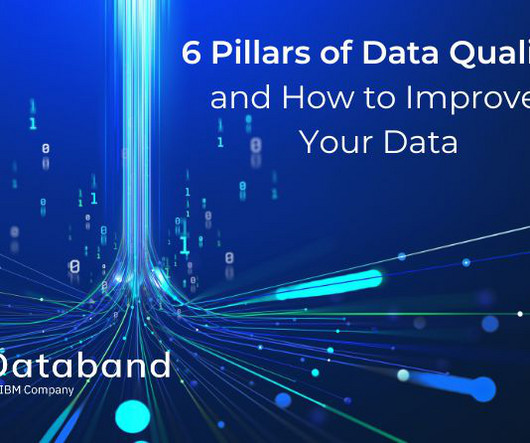Fueling Data-Driven Decision-Making with Data Validation and Enrichment Processes
Precisely
SEPTEMBER 25, 2023
An important part of this journey is the data validation and enrichment process. Defining Data Validation and Enrichment Processes Before we explore the benefits of data validation and enrichment and how these processes support the data you need for powerful decision-making, let’s define each term.

















Let's personalize your content